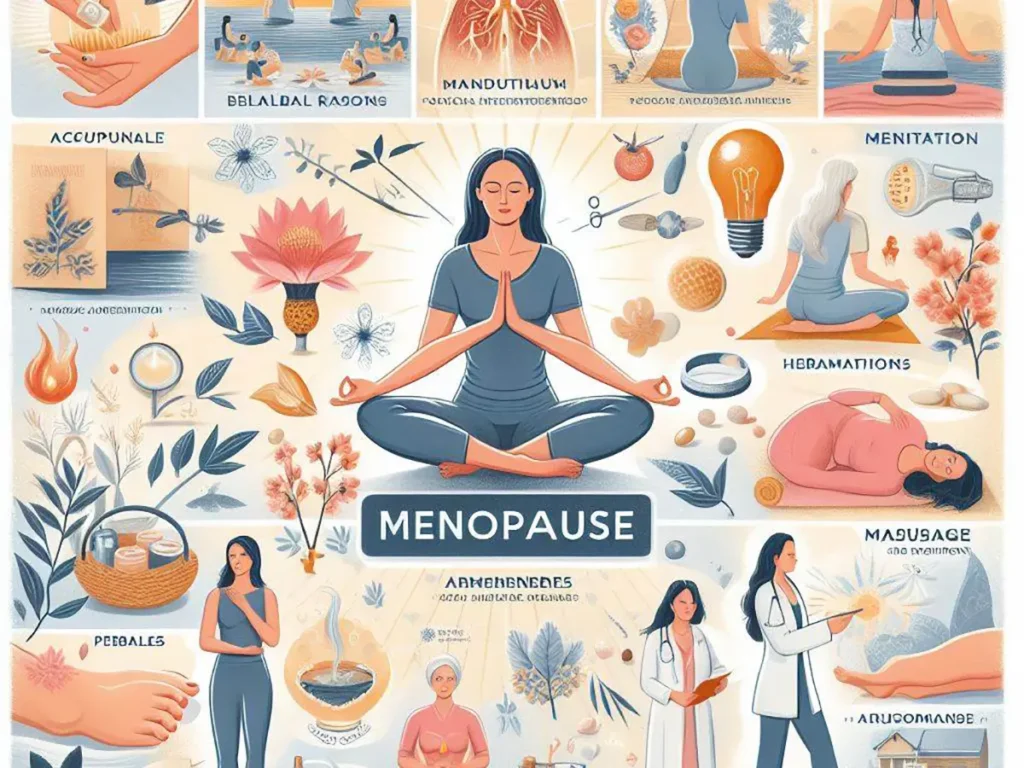Menopause is a natural biological process that marks the end of a woman’s reproductive years. It is characterized by the cessation of menstrual periods and a decrease in the production of hormones like estrogen and progesterone. This hormonal imbalance can lead to a wide range of physical and emotional symptoms, including hot flashes, night sweats, mood swings, weight gain, and sleep disturbances.
While menopause is a normal part of ageing, the symptoms can be challenging to manage. Many women turn to hormone replacement therapy (HRT) to alleviate their symptoms, but this approach comes with potential risks and side effects. Fortunately, there is a natural and effective way to manage menopausal symptoms: exercise.
The Benefits of Exercise for Menopausal Women
Regular physical activity has numerous benefits for menopausal women. Here are some of the ways exercise can help manage menopausal symptoms:
1. Alleviates Hot Flashes and Night Sweats
Hot flushes and night sweats are two of the most common symptoms of menopause. Studies have shown that regular aerobic exercise can reduce the frequency and intensity of these symptoms. Exercise helps regulate body temperature and improve overall cardiovascular health, which can decrease the occurrence of these symptoms.
2. Improves Mood and Reduces Anxiety
Mood swings, irritability, and anxiety often accompany menopause. Exercise has been shown to boost mood by increasing the production of endorphins, which are natural mood elevators. Additionally, physical activity can reduce stress and anxiety, improving mental well-being.
3. Promotes Weight Management
Weight gain is a common complaint among menopausal women. The hormonal changes that occur during menopause can lead to an increase in abdominal fat. Regular exercise, particularly strength training and aerobic exercises, can help prevent weight gain and maintain a healthy body weight. Exercise also helps build lean muscle mass, increasing metabolism and burning more calories.
4. Enhances Bone Health
Estrogen plays a crucial role in maintaining bone density. As estrogen levels decline during menopause, women become more susceptible to osteoporosis and bone fractures. Weight-bearing exercises, such as walking, jogging, and dancing, can help promote bone health and reduce the risk of osteoporosis. These exercises stimulate the bones to become stronger and denser.
Recommended Exercises for Menopausal Women
When it comes to exercise, choosing activities you enjoy and can stick to in the long term is essential. Here are some exercises that are particularly beneficial for menopausal women:
- Aerobic exercises: Engage in brisk walking, swimming, cycling, or dancing for at least 150 minutes weekly. These exercises help improve cardiovascular health, reduce hot flashes, and boost mood.
- Strength training: Incorporate strength training exercises, such as lifting weights or using resistance bands, at least twice a week. Strength training helps build muscle mass, improve bone density, and maintain a healthy weight.
- Yoga or Pilates: These mind-body exercises can help improve flexibility, balance, and core strength. They also promote relaxation and stress reduction.
Before starting any new exercise program, it’s essential to consult with your healthcare provider, especially if you have any underlying health conditions. They can provide guidance and recommend exercises suitable for your specific needs.
Incorporating Exercise into Your Daily Routine
Here are some tips to help you incorporate exercise into your daily routine:
- Schedule it: Set aside specific times in your day for physical activity. Treat it as an essential appointment and stick to it.
- Start slowly: If you’re new to exercise or haven’t been active, start with low-intensity activities and gradually increase the intensity and duration.
- Find a workout buddy: Exercising with a friend or joining a group class can make your workouts more enjoyable and help you stay motivated.
- Mix it up: Incorporate various exercises into your routine to keep it exciting and target different muscle groups.
- Listen to your body: How your body feels during and after exercise. If something doesn’t feel right, modify or stop the activity.
Remember, consistency is vital when reaping the benefits of exercise. Aim for at least 30 minutes of moderate-intensity exercise most days of the week.






